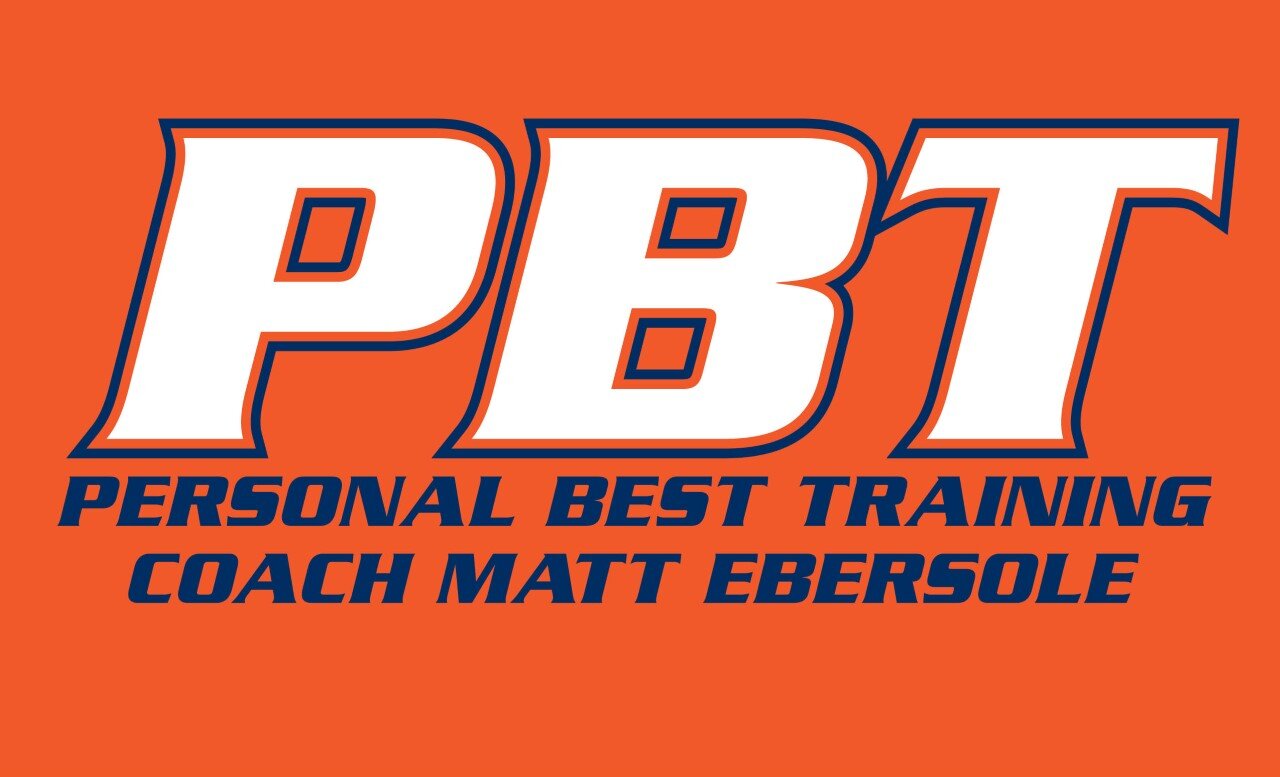At some point the shock wore off and you realized life will happen regardless of your plans or permission. The same will happen with your running. No matter how neat and detailed your training and racing plans may be they will be interrupted. The challenge is to handle these interruptions as smoothly as possible and keep moving towards your goal. The three biggest culprits are injury, illness, and real life. Let me offer a few thoughts to keep in mind when your best intentions are derailed.
Injury
It makes sense to start with prevention. Just because you have gotten away with not stretching, strengthening, warming up and cooling down, and overrunning easy days does not mean your luck will last. Your good or bad habits will rule you.
Pay attention to your body and listen when it talks to you with little aches and pains. If something hangs around for a few days most likely the clock is ticking until it becomes a real problem. A little ice, backing off, new shoes, or maybe a day or two of cross training might be enough to head off a real problem.
Cry wolf to your coach. The sooner I know about a problem the more likely we can solve it before it becomes costly.
Don't hurry your body. You won't win. Inconvenient as it may be your body has it's own time table. Your body does not care about your plan and it will heal when it heals. Fighting it just extends the problem.
Be a detective and try to learn why something happened. That sure helps avoid repeating mistakes.
Know when to gamble. If your next meaningful race is months away there is no reason to gamble. If tomorrow is the Olympic final, shake the dice and see what happens.
Illness
Do anything your mom and the CDC both tell you to do to prevent illness.
Athletes learn to ignore pain and discomfort so when that little alarm in your head goes off you better listen. By the time the alarm goes off you might not be able to avoid illness but you have a really good chance at greatly diminishing the cost of it.
As with injury listen to your body because it is working on its' own timetable with complete disregard for you plans.
There is great value to medicinal mileage. You might be surprised of the healing power of jogging a few miles. If you are not sure if you should jog it is probably too soon.
Wait a little longer to run hard. You can feel good for daily activity and even running easy, but the demands of running hard are much higher and can set you back quickly.
There are two points to adjust your plan. One is when you feel you can run easy and the other is when you are ready to run hard. A good time to talk to your coach!
The same holds true for taking risk as it does for injury. Most of the time there is no point in rushing things by a day or two though I have been amazed what people have done coming off illness straight into the big race.
Real Life
Know your priorities and stick to them. Don't let anything you value less than your running get in the way, but you sure better not let running get in the way of anything you value more. One of the biggest aspects of my job is helping people figure out how to maximize the time and energy they have remaining after the higher priorities get their allocation.
Stick to good training principles and recognize what to reschedule and what to let go when real life does interrupt. If interruptions are more common that stretches of good training then it is time to reevaluate your priorities and goals and do a better job of matching them.
Compromising may be the best thing you can do to set yourself up for future success. Runners tend to be all or nothing and it just may not be realistic to do what you think you should be doing but maintaining consistency through a challenging period will go a long way to maintaining your fitness and have you hungry and ready when your time opens up for more running.
Discuss and involve the important people in your life in your running. Find ways for them to benefit from the time and energy you give to running. Plan races in places they want to visit, be more attentive when you are at home or work, support their activities as you want them to support you, and listen to them talk about what they think about your running and how it affects them.
There is no question that injury, illness, and real life happen. The question is what are you going to do about it?

